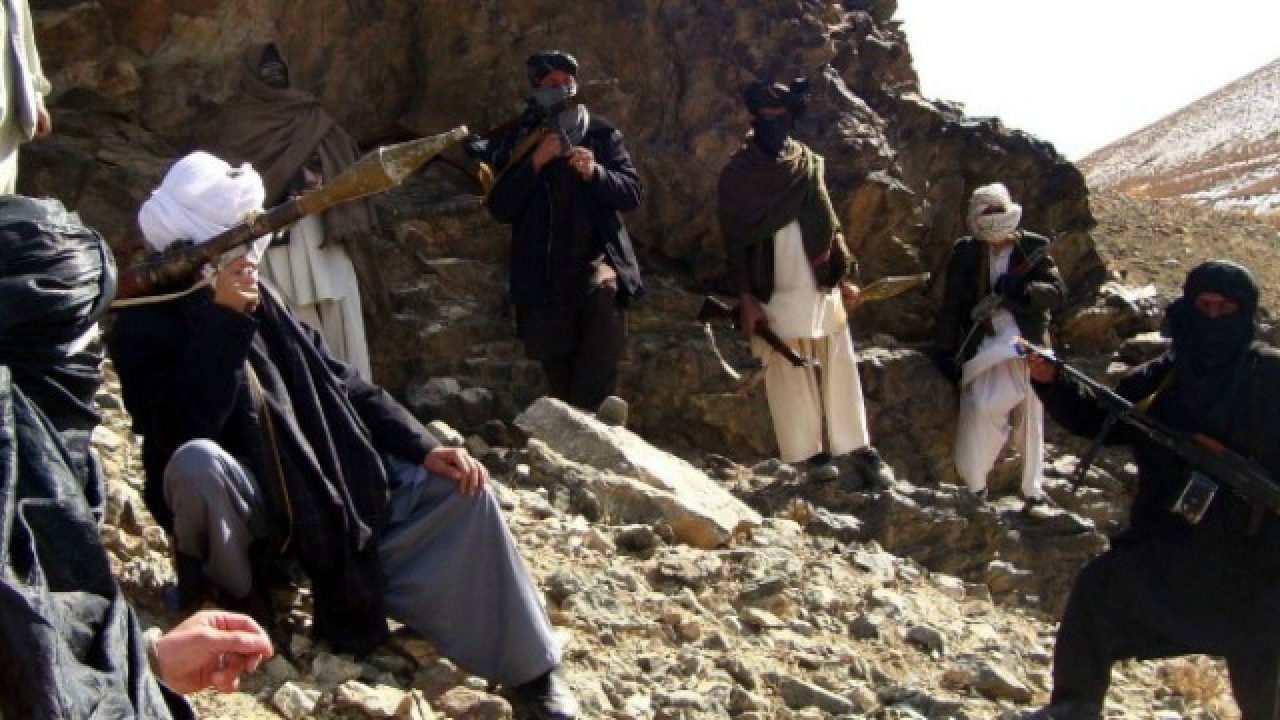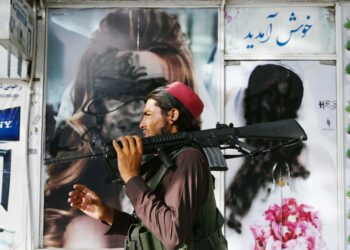Obsessed with fulfilling his campaign promise of ending America’s longest war before the 2020 presidential election, President Donald Trump rushed his team to wrap up the more than year-long direct negotiations with the Taliban. In February, the two parties signed their criticized and highly imbalanced peace deal.
While the Trump administration hailed the deal as an important milestone in bringing peace and stability to Afghanistan, realities on the ground indicate otherwise. Contrary to the Trump administration’s delusional optimism, its imprudent agreement with the Taliban is fueling a spike in violence across Afghanistan for three main reasons.
Shortsighted Preconditions
First of all, Trump’s peace deal did not guarantee an immediate ceasefire, nor a continued “reduction in violence” crucial for confidence building and creating an environment conducive to peace talks between warring Afghan parties.
Instead, the American negotiators were focused on and happy with the shortsighted objective of ending hostilities and conflict between the Taliban and foreign troops, while the agreement ignored the fighting between the insurgents and Afghan security forces.
Therefore, soon after the end of the weeklong “reduction in violence” in Afghanistan – the U.S.’s only and highly bizarre precondition for the Taliban to sign the deal – the insurgents quickly announced the resumption of their offensive against Afghan security forces. The militants have since staged thousands of attacks across the country, causing hundreds of civilian and military casualties.
Afghan security forces on Tuesday repelled a fierce Taliban attack on Kunduz, officials saidhttps://t.co/pnRPcTWxHk
— The Defense Post (@DefensePost) May 19, 2020
Looking at these numbers, U.S. officials and negotiators started urging the Taliban to wind down attacks, which is nothing but a poor face-saving attempt further benefiting the notorious group.
The American’s post-deal appeal to Taliban for reduction of violence had been inadvertently putting pressure on the Afghan government and security forces not to resume an offensive posture and target the Taliban until very recently – May 12 dual terrorist attacks in Kabul and Ningarhar – to avoid international blaming for surging the violence.
Lopsided Prisoner Swap
Second, the Trump administration’s commitment to release Taliban prisoners from Afghan jails – the Taliban’s bullish precondition for kick-starting the so-called “intra Afghan negotiations” – was another grave mistake fueling the insurgents post-deal deadly attacks.
Without bothering to discuss with the Afghan government, the Trump administration assured the insurgents in the agreement to “expeditiously release” some 5000 Taliban inmates from Afghan prisons in exchange for the release of 1000 Afghan government captives.
Trump’s deal with the Taliban, however, does not guarantee that these fighters will not return to the battlefield and fight against the Afghan security forces. Instead, it only obliges the Taliban to make sure that the released prisoners do not “pose a threat to the security of the United States and its allies.”
Releasing 5000 seasoned Taliban fighters without a ceasefire or truce between the Afghan government and Taliban would be a nightmare for the Afghan security forces and people, who have been bearing the brunt of this prolonged fighting.
But the Trump administration is keen to deliver on its promise made to the Taliban and has been pressuring the Afghan government for its implementation. The announcement of billion-dollar aid cuts to Afghanistan seems more likely in response to the Afghan government’s initial refusal to release the Taliban prisoners than resolving the political impasse in Kabul.
Now that the Afghan government has agreed to “phased release” of Taliban fighters due to official procedures and paperwork, the Taliban are expressing their unhappiness in the battlefield and are pushing for the release of their top 15 notorious commanders responsible for deadly terrorist attacks in Afghanistan.
Agreement’s Tone and Content
Third and most importantly, the overall tone and content of the deal resembling the Taliban’s wish list is another key factor fueling their bloody campaign.
By directly engaging the Taliban and yielding to their primary demand of troop withdrawal in advance, coupled with seeking their guarantee to prevent terrorists from using Afghanistan as a base against the U.S. and its allies’ interests, the Trump administration has not only treated the Taliban as Afghanistan’s de facto government but also provided them an opportunity to celebrate the deal as a military victory over the Americans.

With such a boosted morale, the Taliban now demand more and are less likely to have any incentive for constructive engagement with the Afghan government. If the Taliban can get what they wanted from direct talks with the Americans, why should they bother to engage with the Afghan government?
Although the Trump administration’s apparent intention and attempt to responsibly end the longest American war is laudable, the deal it has signed with the Taliban is marred with flaws boosting the insurgents’ morale and fueling violence in Afghanistan.
Easy fixes, such as the Trump-Taliban deal and hasty political settlements inconsistent with realities on the ground, could very well be the prologue to a disaster, and the Trump administration will be responsible for it.
Disclaimer: The views and opinions expressed here are those of the author and do not necessarily reflect the editorial position of The Globe Post.






















